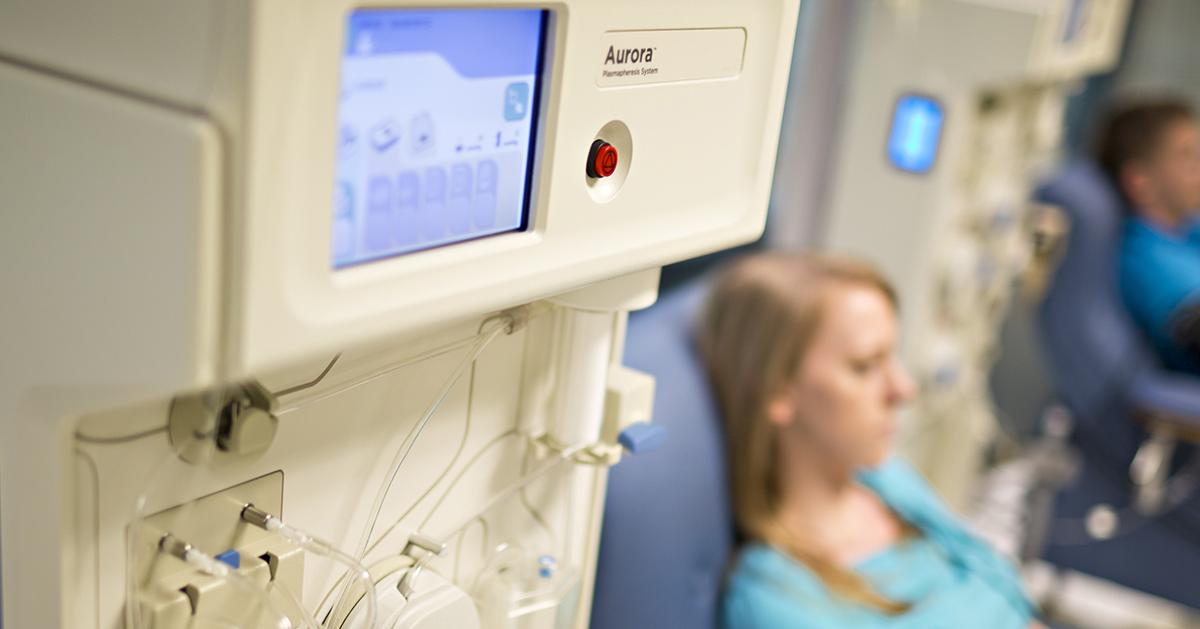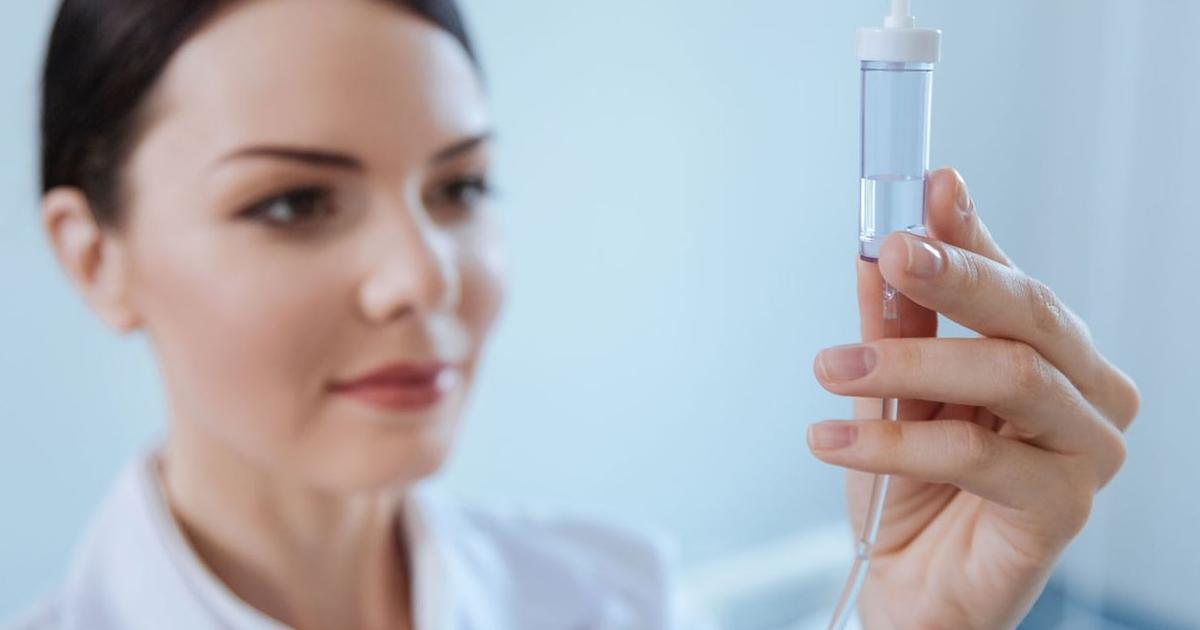Guide To The Causes And Treatments For Isaac's Syndrome
Intravenous Immunoglobulin Therapy
Intravenous immunoglobulin therapy, otherwise known as IVIg, is a therapy that helps patients with weak immune systems or other illnesses fight infections. The therapy has been used to treat neurological issues like myasthenia gravis, and it has also been used for chronic inflammatory illnesses. IVIg might be used in lieu of corticosteroids, immunosuppressants, or other drugs. Some patients may have intravenous immunoglobulin therapy along with other medications. The immune system typically makes adequate antibodies to fight infection-causing germs. However, when patients have a deficient immune system, the body doesn't make enough antibodies. Isaacs' syndrome patients may need to suppress their immune systems to reduce their symptoms, so they might need IVIg treatment to replace the lost immune function. The treatment has also been shown to raise the red blood cell count in autoimmune patients. Intravenous immunoglobulin therapy stops white blood cells from destroying red blood cells in lupus patients. There may be similar effects on autoimmune-related Isaacs' syndrome, but there hasn't been enough research to be conclusive. In addition, some patients have had increased symptoms with IVIg therapy.
Keep reading to learn more about how to treat Isaac's syndrome now.
Plasma Exchange

Plasma exchange therapy is commonly used in the treatment of autoimmune disorders. One study of a forty-one-year-old patient with Isaacs' syndrome showed a plasma exchange procedure caused the symptoms nearly to disappear. The effects continued for about two to three weeks. The researchers also observed that during this period, the potential for continuous muscle action was much lower. After a few months, the symptoms came back in full, and the patient underwent another plasma exchange treatment, which lessened symptoms again. Therapeutic plasma exchange removes a patient's plasma, where antibodies are found, and replaces it. In patients with autoimmune-related Isaacs' syndrome, the immune system creates antibodies that attack the body's potassium channels. Removing the plasma also removes harmful antibodies. After the plasma is separated from the blood, artificial plasma is added to the red and white blood cells. Since it lacks the harmful antibodies, the inflammatory symptoms subside. Though plasma exchange therapy isn't a cure, it can reduce or stop symptoms for several weeks, until the immune system has created enough antibodies to cause symptoms again.
Learn more about ways to treat Isaac's syndrome now.
